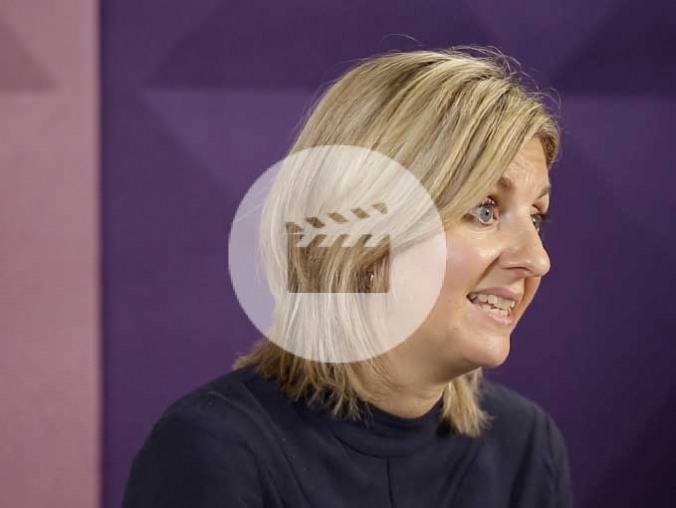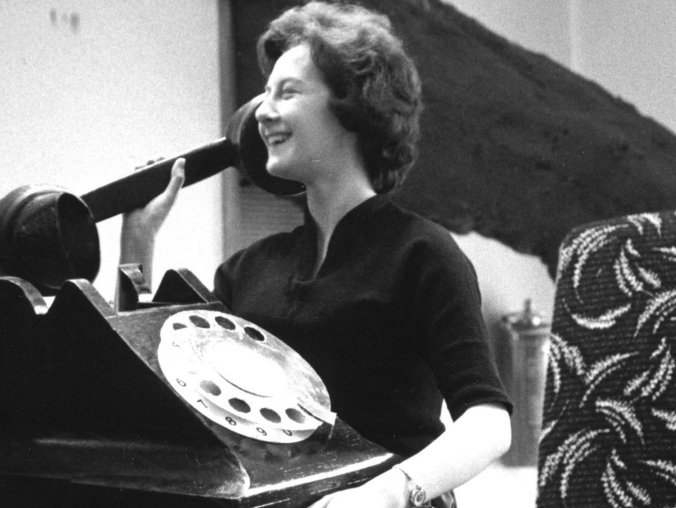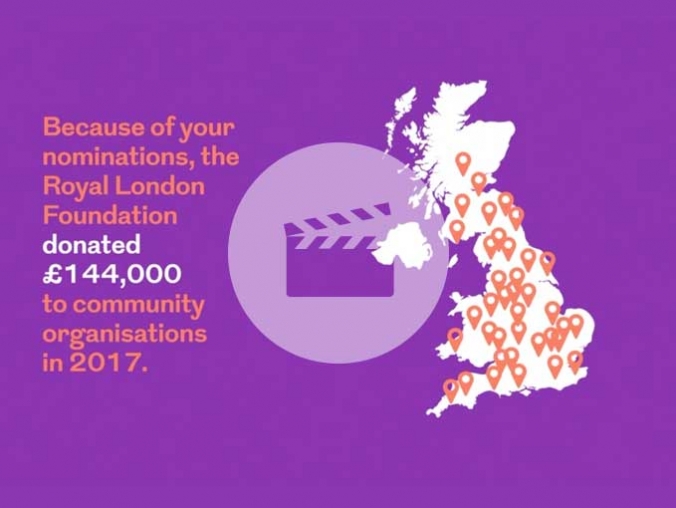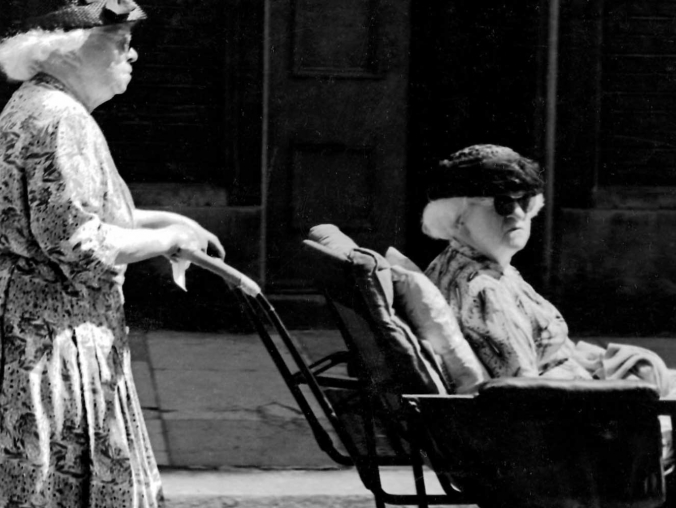

Can you leave a pension to your children?
Passing on your remaining pension pot can be a good way to help out loved ones in need, but it is important to understand exactly how the system works
We all want to give financial help to our children and grandchildren. If you are in the fortunate position of having more pension funds than you need to provide yourself with a comfortable level of retirement income throughout your lifetime, it has recently become more tax efficient to leave any remaining pension to your family when you die.
Although pensions are not normally counted as part of your estate for inheritance tax purposes, until recently there was a 55% pensions death tax, which has now been scrapped. This means if you leave your remaining pension pot to your family or other beneficiaries, at most they will pay their own marginal rate of income tax and in some circumstances they will not have to pay any tax at all.
How it works if:
Your pension pot is in ‘drawdown’ or is untouched
If you die before the age of 75, you can leave any money held in a personal pension or defined contribution pension run by your employer to your chosen beneficiaries completely free of tax. If you die at the age of 75 or later, the money will be subject to income tax at your beneficiaries’ marginal rate – the highest rate of income tax they pay.
You can nominate anyone, not just relations, to inherit your remaining pension fund as a drawdown account. This will allow them to draw the money out in lump sums or as income.
“It is a good idea to check that your pension scheme will allow this,” says Steve Webb, Director of Policy at Royal London. “Some older pension schemes do not offer drawdown, and in these circumstances you might want to take advice about whether having your money in a more modern scheme is worth considering, though there will be wider pros and cons of making such a switch.”
You belong to a defined benefit or final salary scheme
If you have a defined benefit (DB), or salary-related, pension, the pension scheme will generally pay a pension to a surviving widow or widower. If you want the next generation to benefit from the value of your DB pension, there is the option to transfer your rights out into a defined contribution arrangement. There are many pros and cons of transferring, and more information about this can be found in the Royal London Good with your money guide. However, if the transfer value is more than £30,000 you are required to take financial advice, and the Financial Conduct Authority recommends that you start from the assumption that giving up valuable DB benefits is unlikely to be in your best interests.
You have used your pension pot to buy an annuity
Most annuities stop paying income when you die. But some – joint, guaranteed period and capital protected annuities – are designed to continue paying out income, or to provide a lump sum after you die to a person chosen by you. If you have bought one of these three types of annuity, your beneficiary will pay no tax on the pension money they inherit if you die before the age of 75. But if you die aged 75 or older, they will have to pay income tax at their marginal rate.
You have a state pension
You cannot pass on the right to your state pension to your children or grandchildren after your death. If you are receiving a state pension, you may be able to pass the benefit on to your family as gifts. There are annual limits on how much you can give tax-free, so it is worth looking into.
Tax treatment of pension withdrawals
You can take 25% of your pension fund as tax-free cash once you reach the age of 55. You may have decided to leave this money untouched in your pension pot, with the idea of leaving it to your children after your death, but if you die on or after your 75th birthday, all of your pension pot – including the 25% that you could have taken as tax-free cash – will be taxed at your beneficiary’s marginal rate of income tax.
“It may be more tax efficient to take the tax-free lump sum yourself, and if you really do not need the money you could pass it to your family and friends as tax-free gifts,” says Steve.
Find out more about tax-exempt gifts at: https://www.moneyadviceservice.org.uk/en/articles/gifts-and-exemptions-from-inheritance-tax.
Make your wishes known
It is important to make sure you supply your pension providers with details of the people you want to benefit from your pensions. You cannot normally do this through your will, but you can write an expression of wishes to inform your executors about what you have decided should happen with your pensions. You can nominate more than one beneficiary, and decide how much you want each person to receive – but you should be able to alter the details if you change your mind later on.
Pensions are complex and their rules change frequently. If you have any concerns or questions about investing in a pension, it is a good idea to seek help from an independent financial adviser.
More for you

What happens to your pension money?
Lorna Blyth, Investment Strategy Manager at Royal London, and Trevor Greetham, Head of Multi Asset Investments at Royal London, tell you how they invest your retirement savings to help them grow
MORE
Pensions made easy
Pensions can be difficult to get your head around, but knowing the options can help you build the best nest egg possible for your retirement
MORE
Royal London Foundation: supporting your communities
Thanks to your nominations, we’ve been able to provide funding for not-for-profit organisations across the UK. Here are a few stories of those who received support from us
MORE

